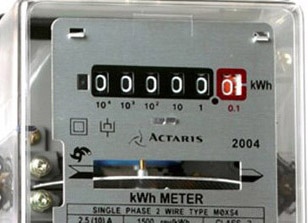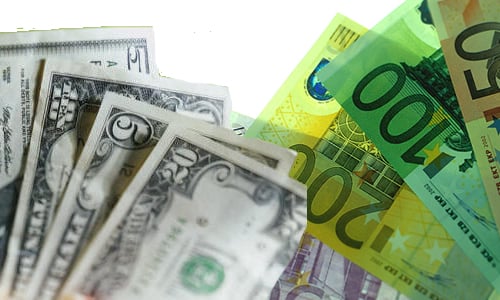The year 2014 cannot be said to be a happy year for investors on the Nigerian stock market, as the market fell by a total of N1.716 trillion.
Specifically, the market capitalisation of the Nigerian Stock Exchange (NSE), which measures the total value of the outstanding shares on the market, dropped by N1.716 trillion in 2014, from N13,194 trillion as at January 2, 2014, to close on December 31, 2014 at N11,478 trillion.
Similarly, the NSE All-share Index (ASI) lost 6,571.34 points or 16 per cent, from 41,228.49 on January 2, 2014, the first trading day of the year to close the year at 34, 657.15.
TheCable’s findings showed that at the end of the first quarter of the year, which was March 31, 2014, the ASI dropped to 38,748.01 basis points as it shed 2,480.48 points.
Advertisement
The market also dropped by N748 billion to close at N12.446 trillion during the quarter, just as the ASI stood at stood at 42,482.48 basis point at the first half of theyear.
However, at the end of the third quarter, the ASI recorded a loss of 1,272.38 basis point to close at 41,210.1 points while the market capitalisation also depreciated by N421 billion in the third quarter of 2014 to close at N13.607 trillion.
A report by BGL Securities Limited on the 2014 economic review and 2015 outlook obtained by TheCable listed the effects of United States quantitative easing tapering, flight to safety, capital reversal on the back of the outlook for 2015 as some of the factors that hindered the growth
of the stock market in 2014.
Advertisement
The firm pointed out that the fundamentals show that Nigeria’s equities market may be significantly under-priced.
“Price to earnings ratios of most sectors on the NSE is lower than that of its peers. The banking sector, agriculture and oil and gas are very attractive.
“Fast Moving Consumer Goods (FMCG), which were hitherto over-valued, have experienced significant price correction and the sector currently offers value for investments.
“Beneath the impressive valuations of the Nigerian equities market is the expanding middle income group attracting improved financial performance of firms in the FMCG and retail space.
Advertisement
“New frontiers of opportunities are also unfolding in power privatisation and likely reforms of the oil and gas sector.
“The overarching effects of an efficient electricity power system in Nigeria on companies’ financial performance in the medium to long term is massive considering that an estimated costs savings of up to 40 per cent could be achieved by an average listed firm.”
BGL Securities analysts also predicted that monetary policy “will be non-accommodating in 2015”.
This, it argued, would be dictated by the eventual trend of the oil price and the consequence effect on the government primary balances, foreign exchange rate volatility and the foreign reserves.
Advertisement
“Interest rate will therefore remain high for most part of 2015 with a potential for increase in MPR if macroeconomic stability is threatened,” it added.
But experts argued that lower share prices clearly offer opportunity for investors to take advantage of low share prices.
Advertisement
Add a comment






